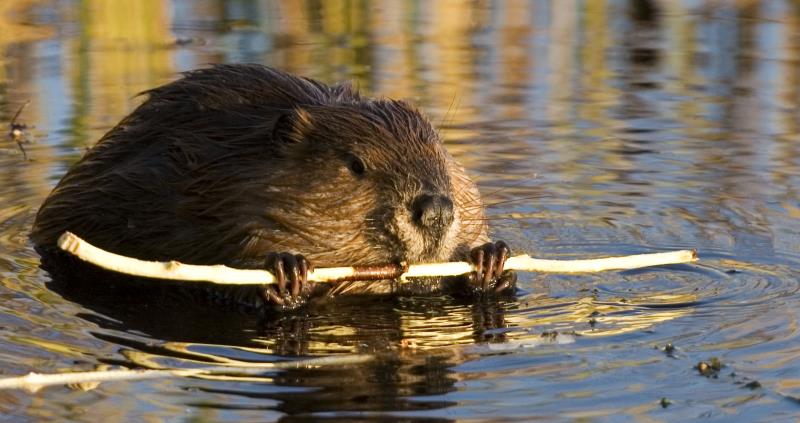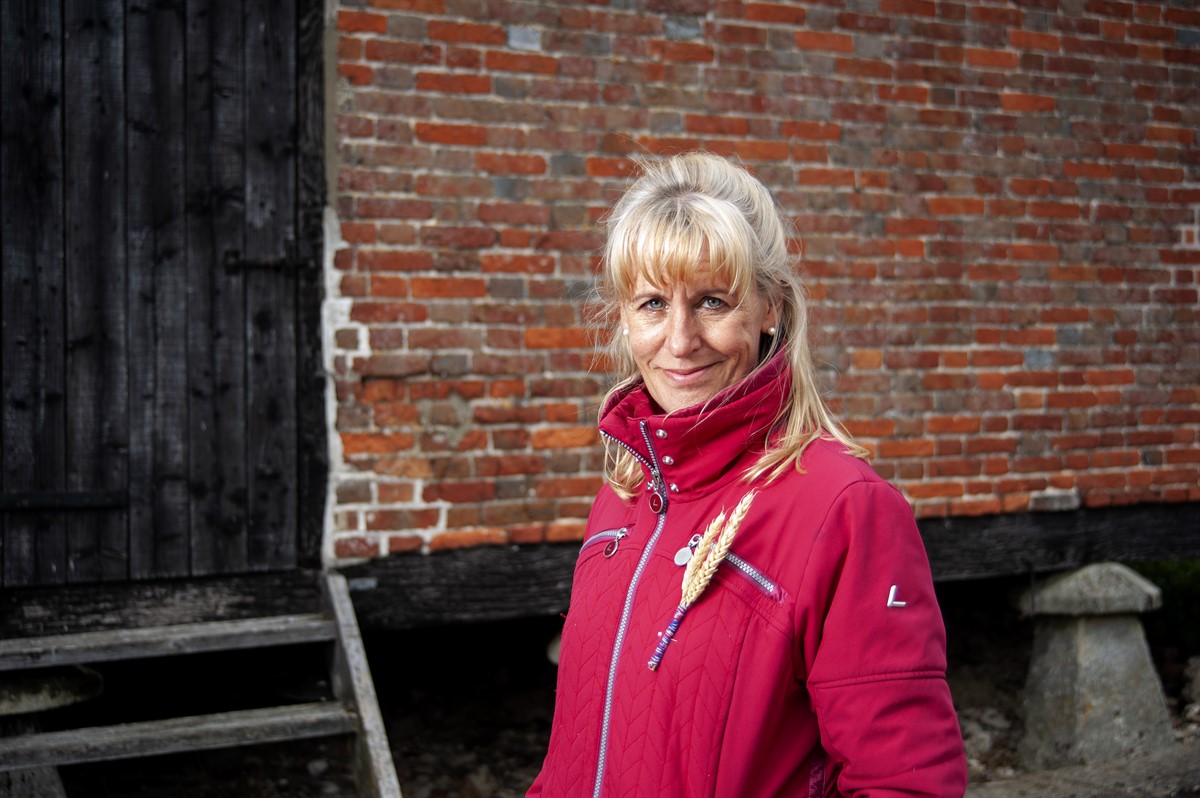We have submitted our formal response to Defra's proposed approach to the future releases of beavers into the wild.
Member briefing: NFU response to the consultation on beaver reintroductions
Defra has said that beavers will become a protected species and consulted on approaches to their reintroduction, including managing the impacts of beavers. The NFU’s consultation response makes it clear that we do not support this decision and we are concerned that the long term impacts of beavers across catchments are not fully understood.
The NFU’s legal team has reviewed this position and cannot find a route to challenge the Defra decision to protect the species. We urge Defra to use the utmost caution with where releases are to be permitted and for impacts across the whole catchment to be assessed first. More action is also needed to address illegal releases of beavers.
Following Defra's consultation on the reestablishment of beavers in England, NFU environment forum chairman Richard Bramley explained our response.
“The potential impacts that beavers can have on agricultural land are of concern to the NFU; undermining riverbanks, damaging trees, impeding farmland drainage and causing low-lying fields to flood."
Importance of long-term planning
In our consultation response we have made it clear that any beaver reintroduction must be strictly licensed by Natural England and stressed the importance that an approved licence must include a long-term management plan, developed with local farmers and backed with adequate funding.
Mr Bramley continued: "Where there is a financial impact on a farm business, adequate compensation should also be made and an exit strategy in place should major issues occur.
“The government has made it clear that it will sanction reestablishment of beavers, so we will work with them, Natural England and all interested parties to ensure farmers are able to continue producing climate-friendly food, as well as care for the great British countryside and progress towards a net zero future.”
Our response to the Defra consultation on the reintroduction of beavers in England is available for download for members, with some key points discussed below.
Full impact assessment needed
As the consultation is based on one trial, there needs to be a full impact assessment. More research is needed, and a longer-term approach required beyond the proposed 15 years to understand the impact.
Beavers should not be a protected species
We do not support Defra's proposal to make beavers a protected species. We believe this makes it harder to manage them. Their status should be more limited and focus on the current beaver population.
Need robust framework
Robust framework must be put in place by Defra before licences to release beavers can be issued. Farmers and land managers must have their concerns addressed before a licence can be issued. The option to appeal a licence must be available to farmers and land managers too.
Specialist crops should be considered
When it comes to specialist crops such as cricket bat willow, there is no evidence that adverse impacts caused by beavers can be managed.
Concerns about liver fluke
There is a concern about liver fluke in livestock due to wetter ground supporting the mud snail.
What about landlord-tenant issues
The consultation does not take into consideration any landlord-tenant issues. There is also a risk that those involved in Countryside Stewardship and ELM could breach agreements through no fault of their own.
Support for adverse impact
We believe Defra should support farmers who have to deal with the adverse impact of beavers, and unlawful populations should be removed. There should also be support for local communities to deal with the relocation of beaver populations.
Simple, low-cost licences
Licences should be simple and low-cost. Guidance on licences should be impartial and practical and available to farmers in a variety of ways, from peer-to-peer learning to videos and events.
Caution and regular reviews
We urge Defra to be cautious in their approach and to regularly review their plans.


